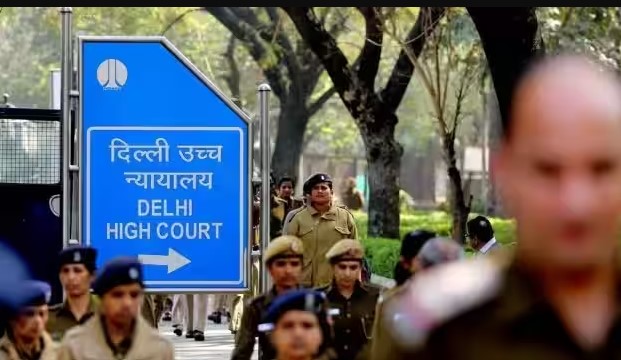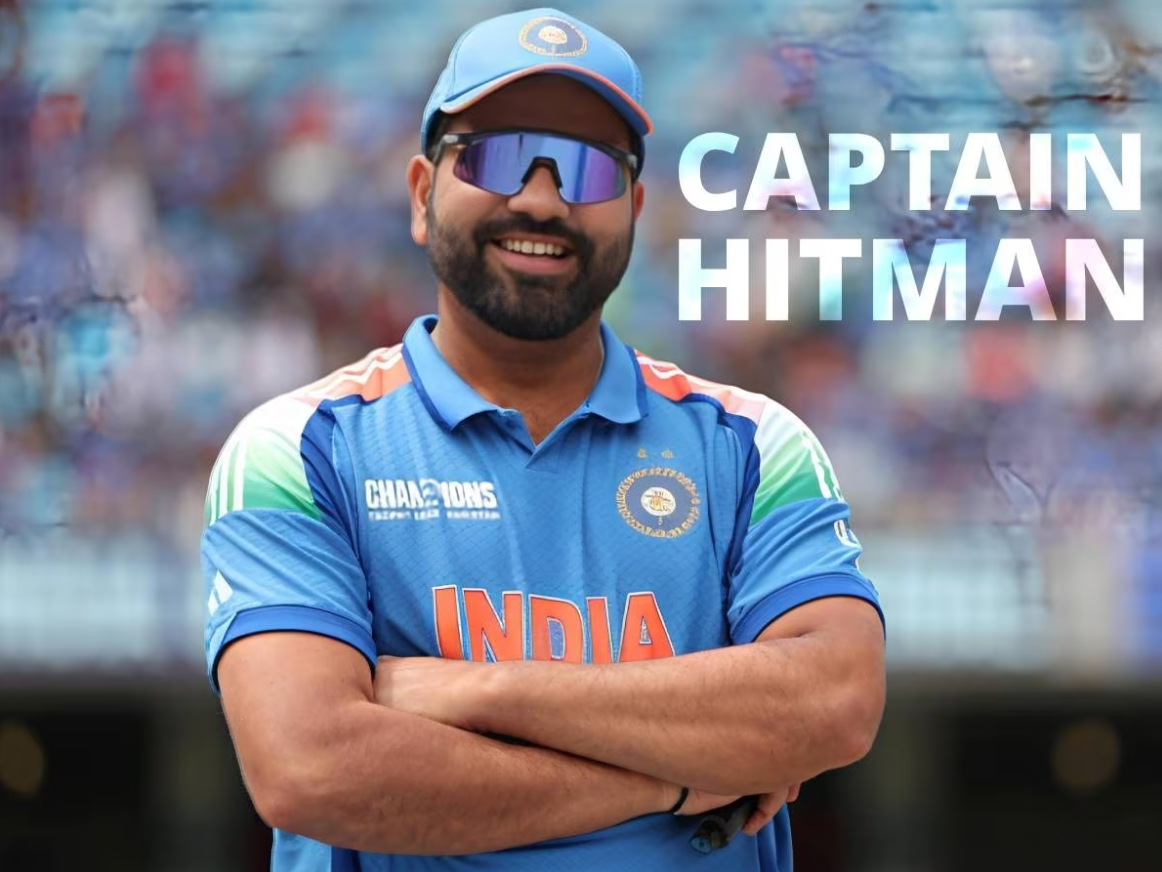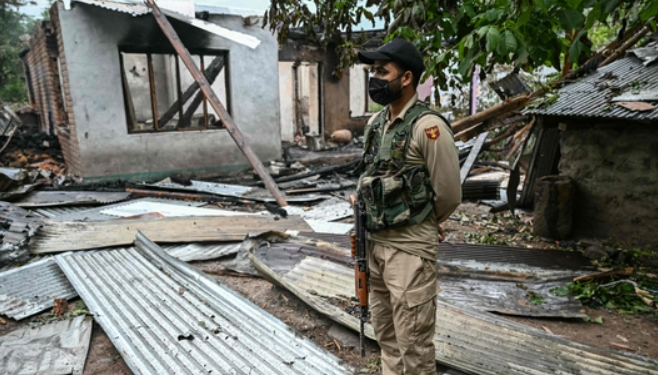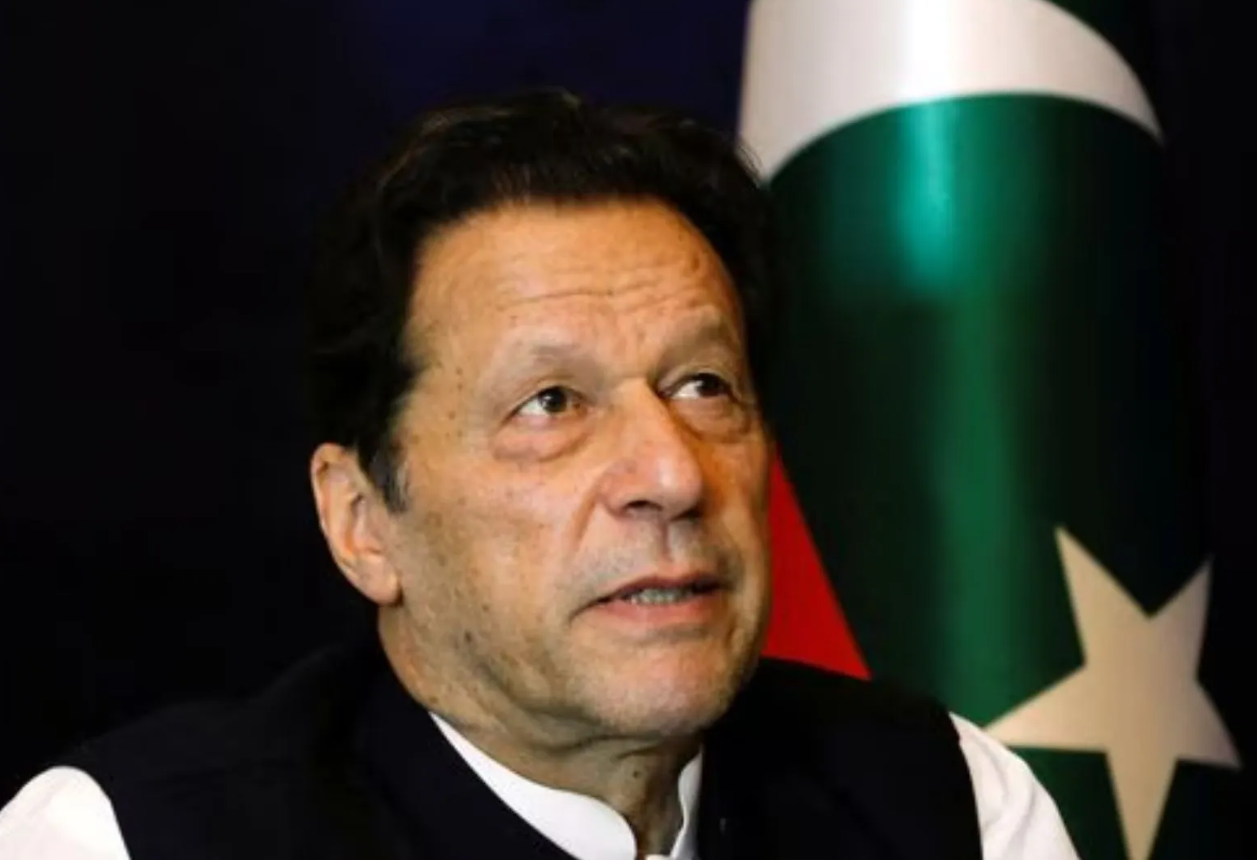
The Delhi High Court has awarded Rs 50,000 each as compensation to two people acquitted by a trial court in a murder case after observing that an “unfair investigation” made them undergo a sentence for a crime they never committed.
A division bench of Justice Suresh Kumar Kait and Justice Neena Bansal Krishna in its August 1 order gave a “word of caution” to prosecution agencies to carry out the investigation in a “prudent manner”. The bench said that it expects that trial courts shall “judiciously assess the material placed on record so that no innocent has to bear the torment of incarceration”.
Although “no word can comfort the agony of respondents-accused”, the high court said that the ends of justice would be met if respondents are compensated “at the cost of prosecution”.
“We hereby direct the appellant-state to pay compensation of Rs 50,000/- each to both the accused within four weeks,” the bench ordered. The high court also cautioned the prosecution department to not file appeals in a “casual manner” where there is no material on record to establish that the trial court has acted in total “disarray”. The bench said that such types of cases cause loss to the “public exchequer, precious public time of the courts, energy and time of the prosecution” which can be otherwise utilised for a good cause.
The high court was hearing an appeal by the state of Delhi against a 2019 trial court order acquitting the paternal grandmother and father of a two-year-old girl in a case pertaining to her death in 2014. The trial court had, however, held the paternal grandmother and father guilty of the offence under Section 23 (Punishment for cruelty to child) of the Juvenile Justice Act and sentenced them to rigorous imprisonment of six months each with a fine of Rs 10,000 each.
The bench appreciated the “wisdom” of the trial court for minutely going through the testimony of the witnesses in the case and said, “The unfair investigation has made the accused suffer the ordeal of a long trial and undergo the sentence for the crime which was never committed by them.”










